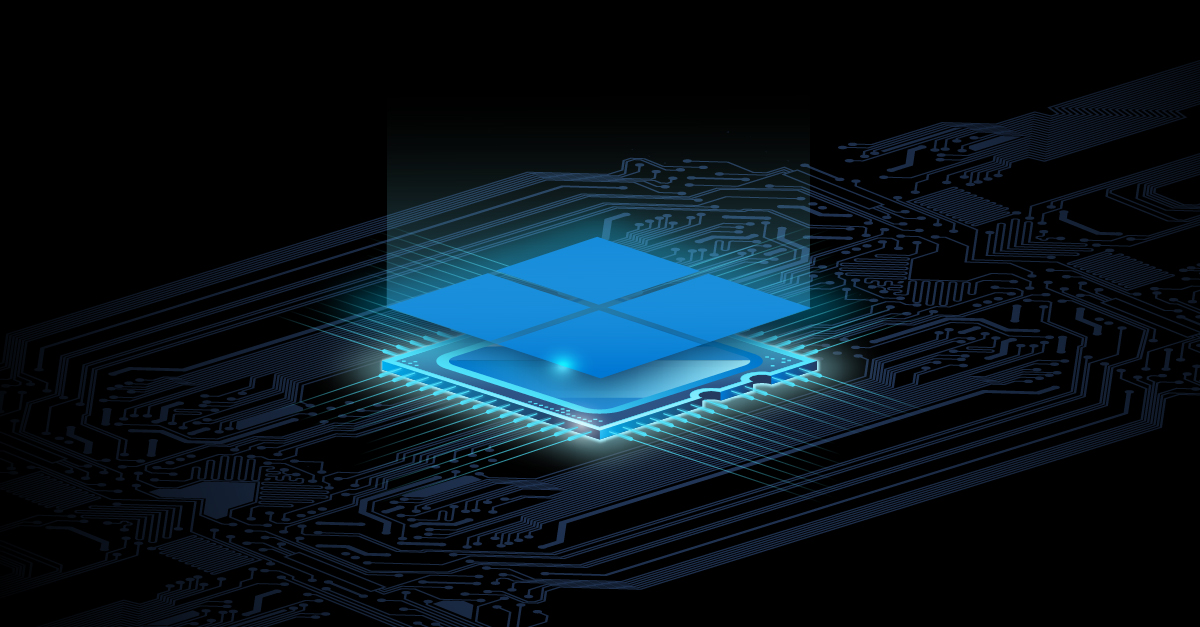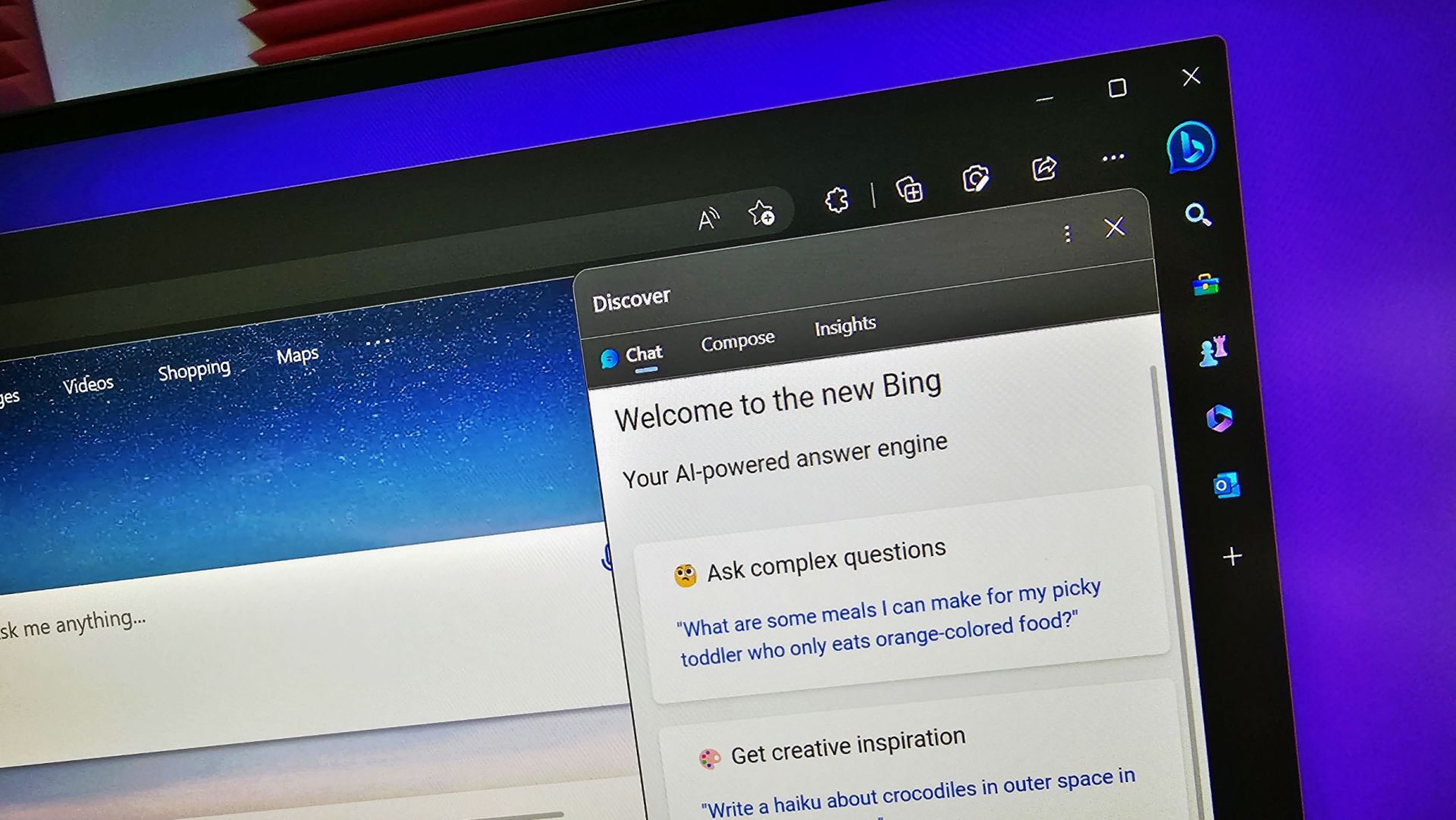The role of the Windows PC and trust in technology are more important than ever as our devices keep us connected and productive across work and life. Windows 10 is the most secure version of Windows ever, built with end-to-end security for protection from the edge to the cloud all the way down to the hardware. Advancements like Windows Hello biometric facial recognition, built-in Microsoft Defender Antivirus, and firmware protections and advanced system capabilities like System Guard, Application Control for Windows and more have helped Microsoft keep pace with the evolving threat landscape.
Today, Microsoft alongside our biggest silicon partners are announcing a new vision for Windows security to help ensure our customers are protected today and in the future. In collaboration with leading silicon partners AMD, Intel, and Qualcomm Technologies, Inc., Microsoft is announcing the Microsoft Pluton security processor. This chip-to-cloud security technology, pioneered in Xbox and Azure Sphere, will bring even more security advancements to future Windows PCs and signals the beginning of a journey with ecosystem and OEM partners.
Microsoft vision for the future of Windows PCs is security at the very core, built into the CPU, where hardware and software are tightly integrated in a unified approach designed to eliminate entire vectors of attack. This revolutionary security processor design will make it significantly more difficult for attackers to hide beneath the operating system, and improve our ability to guard against physical attacks, prevent the theft of credential and encryption keys, and provide the ability to recover from software bugs.
Pluton design redefines Windows security at the CPU
Today, the heart of operating system security on most PCs lives in a chip separate from the CPU, called the Trusted Platform Module (TPM). The TPM is a hardware component which is used to help securely store keys and measurements that verify the integrity of the system.
TPMs have been supported in Windows for more than 10 years and power many critical technologies such as Windows Hello and BitLocker. Given the effectiveness of the TPM at performing critical security tasks, attackers have begun to innovate ways to attack it, particularly in situations where an attacker can steal or temporarily gain physical access to a PC.
These sophisticated attack techniques target the communication channel between the CPU and TPM, which is typically a bus interface. This bus interface provides the ability to share information between the main CPU and security processor, but it also provides an opportunity for attackers to steal or modify information in-transit using a physical attack.
The Pluton design removes the potential for that communication channel to be attacked by building security directly into the CPU. Windows PCs using the Pluton architecture will first emulate a TPM that works with the existing TPM specifications and APIs, which will allow customers to immediately benefit from enhanced security for Windows features that rely on TPMs like BitLocker and System Guard. Windows devices with Pluton will use the Pluton security processor to protect credentials, user identities, encryption keys, and personal data. None of this information can be removed from Pluton even if an attacker has installed malware or has complete physical possession of the PC.
This is accomplished by storing sensitive data like encryption keys securely within the Pluton processor, which is isolated from the rest of the system, helping to ensure that emerging attack techniques, like speculative execution, cannot access key material. Pluton also provides the unique Secure Hardware Cryptography Key (SHACK) technology that helps ensure keys are never exposed outside of the protected hardware, even to the Pluton firmware itself, providing an unprecedented level of security for Windows customers.
The Pluton security processor complements work Microsoft has done with the community, including Project Cerberus, by providing a secure identity for the CPU that can be attested by Cerberus, thus enhancing the security of the overall platform.

One of the other major security problems solved by Pluton is keeping the system firmware up to date across the entire PC ecosystem. Today customers receive updates to their security firmware from a variety of different sources than can be difficult to manage, resulting in widespread patching issues. Pluton provides a flexible, updateable platform for running firmware that implements end-to-end security functionality authored, maintained, and updated by Microsoft. Pluton for Windows computers will be integrated with the Windows Update process in the same way that the Azure Sphere Security Service connects to IoT devices.
The fusion of Microsoft’s OS security improvements, innovations like secured-core PCs and Azure Sphere, and hardware innovation from our silicon partners provides the capability for Microsoft to protect against sophisticated attacks across Windows PCs, the Azure cloud, and Azure intelligent edge devices.




